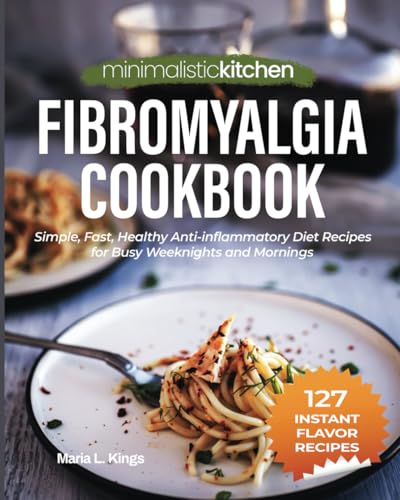Fibromyalgia, also known as Fibromyalgia Syndrome (FMS), is a chronic condition characterised by muscular and skeletal pain all over the entire body. According to Arthritis Research UK, one in 25 people have fibromyalgia.
Symptoms
The symptoms of fibromyalgia vary between different people, although the defining symptoms are widespread pain, fatigue, and extreme sensitivity. Other symptoms include:
- Poor sleep
- Irritable Bowel Syndrome
- Headaches
- Stiffness
- Temporary loss of cognitive function
Causes
The cause of fibromyalgia is currently unknown, but there are thought to be a number of factors involved. Researchers are currently investigating the way the Central Nervous System (CNS) processes pain, and how changes to the CNS’s system and chemicals may cause fibromyalgia.
Scientists also believe that having a specific gene, or genes, may affect the way that your CNS processes pain, causing pain in situations that others wouldn’t perceive as painful.
It is not uncommon for fibromyalgia to be triggered by emotional or physical trauma, such as the loss of a loved one, a car accident, or another intensely stressful event.
Diet for fibromyalgia
There is no cure for fibromyalgia, but focusing on treating the symptoms will improve your quality of life. Although no research has specifically linked fibromyalgia and diet, it is still important to focus on consuming a healthy diet, as this will help you manage your condition and stop you from developing other health conditions.
Eat a nutritious diet which is high in unsaturated fats (from fish, nuts and seeds), with a moderate protein consumption (from lean meats, fish, dairy, peas and beans), a lower consumption of carbohydrates (ensuring carbs that are consumed are from whole grains), and fruit and veg in abundance.
It may also be beneficial to start light exercise. Seek out a physiotherapist or consult a medical professional before starting.







